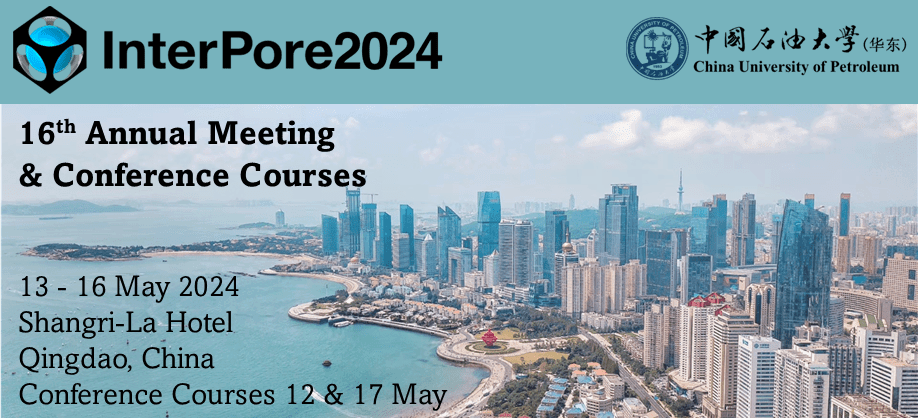Speaker
Description
Li-ion battery is a complex physicochemical system that generally takes observable current and terminal voltage as input and output, while leaving some unobservable quantities, e.g., Li-ion concentration, for serving as internal variables (states) of the system. On-line estimation for the unobservable states plays a key role in battery management system since they reflect battery safety and degradation conditions. Several kinds of models that map from current to voltage have been established for state estimation, such as accurate but inefficient physics-based models, and efficient but sometimes inaccurate equivalent circuit and black-box models. To realize accuracy and efficiency simultaneously in battery modeling, we propose to build a data-driven surrogate for a battery system while incorporating the underlying physics as constraints. In this work, we innovatively treat the functional mapping from current curve to terminal voltage as a composite of operators, which is approximated by the powerful deep operator network (DeepONet). Its learning capability is firstly verified through a predictive test for Li-ion concentration at two electrodes. In this experiment, the physics-informed DeepONet is found to be more robust than the purely data-driven DeepONet, especially in temporal extrapolation scenarios. A composite surrogate is then constructed for mapping current curve and solid diffusivity to terminal voltage with three operator networks, in which two parallel physics-informed DeepONets are firstly used to predict Li-ion concentration at two electrodes, and then based on their surface values, a DeepONet is built to give terminal voltage predictions. Since the surrogate is differentiable anywhere, it is endowed with the ability to learn from data directly, which was validated by using terminal voltage measurements to estimate input parameters. The proposed surrogate built upon operator networks possesses great potential to be applied in on-board scenarios, since it integrates efficiency and accuracy by incorporating underlying physics, and also leaves an interface for model refinement through a totally differentiable model structure.
| Country | China |
|---|---|
| Conference Proceedings | I am not interested in having my paper published in the proceedings |
| Acceptance of the Terms & Conditions | Click here to agree |




.jpg)
